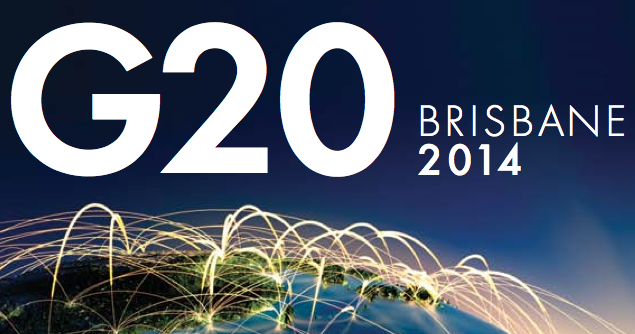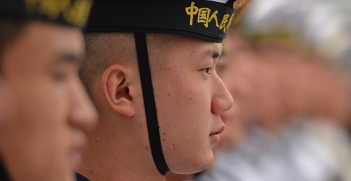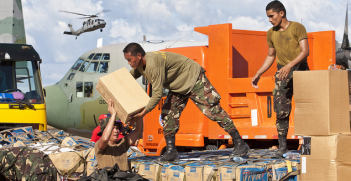The G20 and the Small States

If G20 cannot add a few digits to its name, then future Summits must ensure that non-member economic powers aren’t marginalised from important global decisions, write Singapore’s Simon Tay and Loke Hoe Yeong.
The profile and impact of the G20 has grown in the wake of the GFC. Although lacking formal mechanisms to enforce rules, the group now promises to be more effective in shaping global issues than larger, multilateral fora like the United Nations, while being more inclusive and legitimate than the G7. And yet important questions arise from smaller states about a group that – by definition – excludes them.
Diverging perspectives
Fundamentally, perspectives differ on a number of key issues, such as trade restrictions. While G20 members earlier promised to avoid protectionism, many have nevertheless found ways to limit imports and protect their producers. In contrast, small states need globalisation in order to access markets, and in turn, import from more efficient producers. Such concerns exist not only for the smaller states of the developing world but even for more developed ones. For example, in Asia, such countries would include Singapore as well as Malaysia and Thailand. Similar countries elsewhere would include Chile, the Netherlands, New Zealand and the Scandinavian states.
Representation
Another issue is that of representation of key stakeholders at a global forum that discusses finance. Consider: Singapore and Zurich are some of the major international financial centres in the world – but because Singapore and Switzerland are small countries, ironically, they do not have a seat at the very table of G20 nations who could decide the fate of their economies! It is therefore welcome that for Brisbane’s G20 Summit, Australia has extended invitations to include two smaller neighbors – New Zealand and Singapore. The ASEAN grouping, which comprises mainly medium and smaller states (except for Indonesia, which is a G20 member) will also be represented by its current chair, Myanmar. But how can these small states best represent themselves?
Banding together to make some noise
One initiative is the Global Governance Group (3G), an informal grouping of some 28 small countries to share views about global issues. Singapore was one of the founders of the 3G, and other small states would do well to develop the 3G further so it can be a process to provide differing viewpoints to the G20. Since 2009, the country that occupies ASEAN’s rotating chairmanship has been invited along to several G20 Summits.
Nonetheless, 3G’s effectiveness can be improved. One step is for the ASEAN chair to consult other members about global issues prior to the G20. ASEAN can also make the effort to represent the views of the group as a whole, rather than simply allow the country that chairs the group to voice its own singular views. Another possible step is for ASEAN to be represented at the G20 not by only the country that is chair, but by bringing together the best and most relevant officials from across the region as a single delegation. It is good for some small states to be present at the G20. But turning up isn’t the same as speaking up, and speaking up isn’t the same as being heard. More can and should be done. Not only by the G20, but also by the small states themselves.
Simon Tay is Chairman, Singapore Institute of International Affairs.
Loke Hoe Yeong is a Researcher, Singapore Institute of International Affairs.
This is an extract from G20: Words into Action Brisbane 2014 published by Faircount Media in association with the Australian Institute of International Affairs in October 2014.





